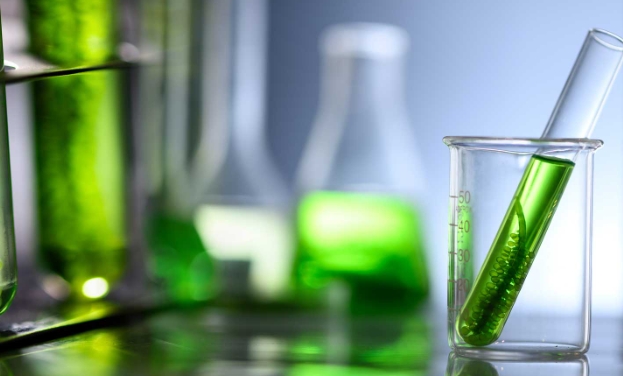
In the vast realm of scientific disciplines, biology and biochemistry stand out as two closely related yet distinct fields. While both delve into the intricate workings of living organisms, they approach the subject matter from different angles. In this article, we will explore the nuances between biological and biochemical sciences, shedding light on their unique characteristics, methodologies, and applications.
- Understanding Biological Science:
Biological science encompasses the study of living organisms, their structure, function, evolution, and interactions with the environment. It encompasses various sub-disciplines such as botany, zoology, microbiology, and genetics. Biological scientists investigate the complexity of life at different levels, from molecular and cellular to organismal and ecological. They employ techniques like microscopy, DNA sequencing, and field observations to unravel the mysteries of life. - Unveiling Biochemical Science:
Biochemical science, on the other hand, focuses on the chemical processes and substances that occur within living organisms. It explores the molecular mechanisms underlying biological phenomena, emphasizing the role of biomolecules such as proteins, nucleic acids, carbohydrates, and lipids. Biochemists investigate how these molecules interact and contribute to the functioning of cells and organisms. They employ techniques like chromatography, spectrophotometry, and recombinant DNA technology to analyze and manipulate biomolecules. - Bridging the Gap:
While biological and biochemical sciences have distinct emphases, they are interconnected and often overlap. Biochemical research provides a molecular foundation for biological studies, helping to elucidate the underlying mechanisms of biological processes. Conversely, biological research provides the context and complexity necessary to understand the significance of biochemical findings. This synergy between the two fields has led to groundbreaking discoveries in areas such as genetics, cell biology, and medicine. - Applications and Impact:
The knowledge gained from biological and biochemical sciences has far-reaching applications in various sectors. In medicine, understanding the biochemical basis of diseases enables the development of targeted therapies and diagnostic tools. In agriculture, biological research helps improve crop yield and develop sustainable farming practices. Environmental studies benefit from both fields, as they provide insights into ecosystems, biodiversity, and climate change. Additionally, advancements in biotechnology and pharmaceuticals owe much to the integration of biological and biochemical knowledge.
Conclusion:
In conclusion, biological and biochemical sciences are distinct yet interconnected disciplines that contribute to our understanding of life. Biological science explores the complexity of living organisms, while biochemical science delves into the molecular processes that underpin life. By bridging the gap between these fields, scientists have made significant advancements in various domains, leading to practical applications and a deeper comprehension of the natural world. As we continue to unravel the mysteries of life, the synergy between biological and biochemical sciences will undoubtedly pave the way for future discoveries and innovations.
